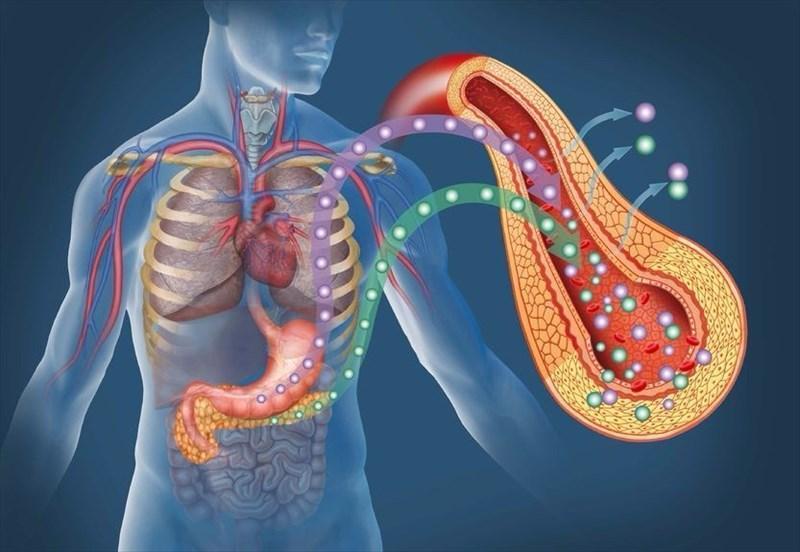Demystifying Diabetes: Understanding the Types, Causes, and Symptoms
Demystifying Diabetes: Understanding the Types, Causes, and Symptoms
Diabetes, a complex endocrine disorder, affects millions of people worldwide. It's crucial to demystify diabetes by gaining a comprehensive understanding of its types, causes, and symptoms. In this informative guide, we will delve deep into the intricacies of diabetes to shed light on this condition and provide valuable insights for better management and improved quality of life.
Types of Diabetes
Diabetes encompasses various types, each with distinct characteristics. We explore the three primary types of diabetes:
a. Type 1 Diabetes: Often diagnosed in childhood or adolescence, type 1 diabetes is an autoimmune condition where the body's immune system attacks and destroys insulin-producing cells in the pancreas. Individuals with type 1 diabetes require lifelong insulin therapy.
b. Type 2 Diabetes: The most common form of diabetes, type 2 diabetes, usually develops in adulthood, although it's increasingly being diagnosed in younger individuals. This type involves insulin resistance, where the body's cells become less responsive to insulin, leading to elevated blood sugar levels.
c. Gestational Diabetes: Occurring during pregnancy, gestational diabetes affects some women due to hormonal changes that impair insulin action. Proper management is essential to prevent complications for both the mother and baby.
Causes and Risk Factors
Understanding the underlying causes and risk factors associated with diabetes is crucial. While the exact cause of type 1 diabetes remains unclear, genetic predisposition and environmental triggers play a role. Type 2 diabetes is influenced by a combination of genetic and lifestyle factors, including obesity, sedentary lifestyle, poor dietary choices, and family history. Gestational diabetes is primarily attributed to hormonal changes during pregnancy.
Common Symptoms
Recognizing the symptoms of diabetes is vital for early detection and intervention. We delve into the common signs and symptoms of diabetes, such as:
a. Frequent urination: Increased urine production due to elevated blood sugar levels.
b. Excessive thirst: Feeling consistently thirsty and needing to drink more fluids.
c. Unexplained weight loss: Despite increased hunger, unexplained weight loss can occur in type 1 diabetes.
d. Fatigue: Feeling unusually tired and lacking energy.
e. Blurred vision: High blood sugar levels can affect the eyes' lens, leading to temporary visual disturbances.
Diagnosis and Testing
Diagnosing diabetes involves various tests and assessments. We discuss the diagnostic criteria for each type of diabetes, which typically includes blood glucose tests, HbA1c tests, and oral glucose tolerance tests. Additionally, we emphasize the importance of regular screenings and check-ups, especially for individuals with risk factors.
Treatment and Management
Managing diabetes involves a multifaceted approach, combining medical interventions, lifestyle modifications, and self-care practices. We explore the various treatment options, including insulin therapy, oral medications, and other injectable medications used to control blood sugar levels. Additionally, we emphasize the significance of regular monitoring, blood glucose management, and adherence to medication regimens.
Lifestyle Modifications
Lifestyle plays a crucial role in diabetes management. We provide practical guidance on adopting a healthy lifestyle, including proper nutrition, portion control, regular physical activity, stress management techniques, and adequate sleep. Lifestyle modifications can help improve insulin sensitivity, maintain a healthy weight, and prevent or delay complications associated with diabetes.
Demystifying diabetes is essential for individuals living with the condition and those seeking to prevent it. By understanding the different types of diabetes, its causes, symptoms, and management strategies, individuals can make informed decisions, take proactive steps, and achieve better health outcomes. Diabetes management requires a comprehensive approach that encompasses medical interventions, lifestyle modifications, and ongoing support from healthcare professionals. With knowledge, empowerment, and a proactive mindset, individuals can lead fulfilling lives while effectively managing diabetes.
Be the first to post a message!
